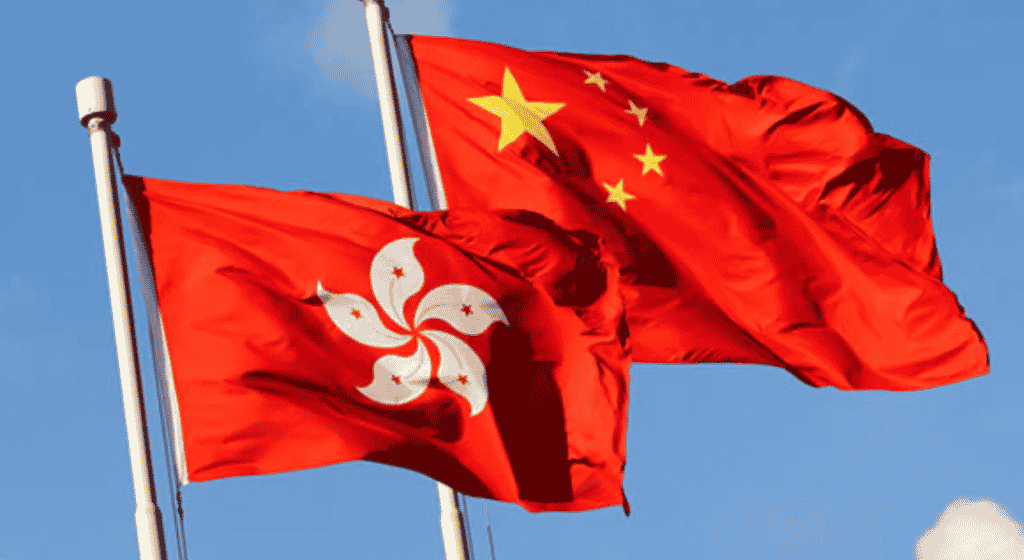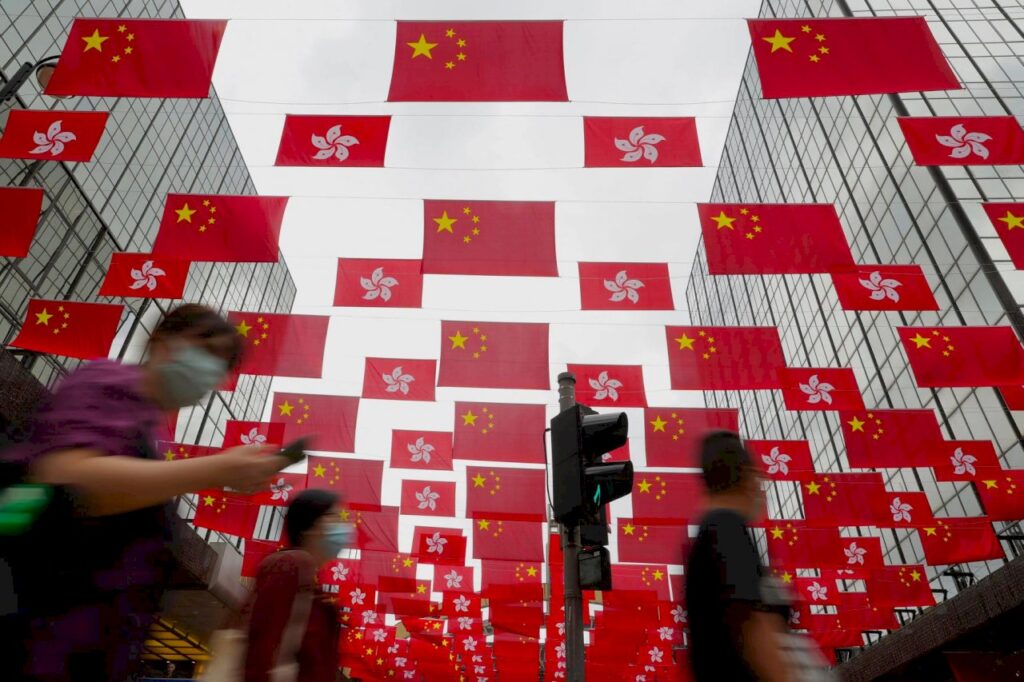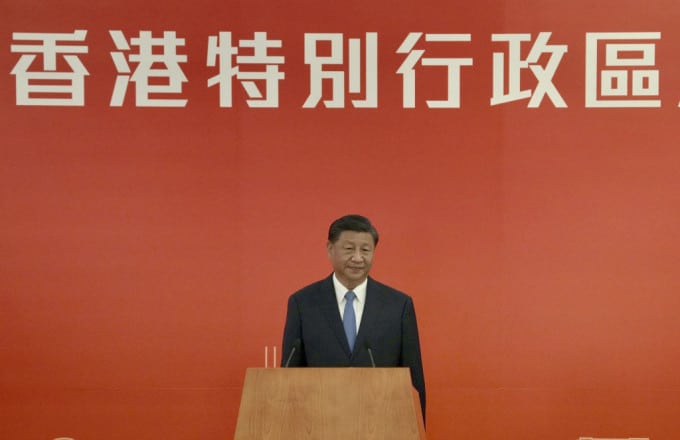The dust has settled on the departure of the pro-democracy faction in the Legislative Council. The voices of support and opposition within the faction are evenly matched. Neither the extension of term nor the total resignation has reached the pre-set threshold. In the end, the political party leader made a "political decision" to stay in office for one year. Making political decisions requires bearing political consequences. Whether it is extension of office or resignation, it is also a decision that disappoints half of the supporters. The consequences that the democrats have to face are comparable to the political reform negotiations in 2012. The Democratic Party entered the Liaison Office of the Central Committee of the Communist Party of China and brewed... It became a pan-democratic breakup. Although there was no political reform of that year, the district council would not have abolished the appointment system, nor would there have been any changes in the election last November. The election committee would not have added district councilors as members, and it would have been impossible for the chief executive election to change from blue to yellow. "Democracy 600+" slogan. However, subsequent political reality has made us understand that even if there are various reasons, voters may not appreciate them.
The powerless young and middle-aged generation
After the Standing Committee of the National People’s Congress decided to extend the term of all members of the Legislative Council for one year, the Hong Kong Public Research Institute conducted a poll at the end of August. Most supporters of the pro-democracy camp believed that all pro-democracy congressmen should resign. 50% of those who resigned were all or Forty-three percent of the people remain in office. According to a poll released the day before yesterday, 48.1% of democrats opposed remaining in office, while 43.9% supported remaining in office. The results were almost the same. There has been no change in public opinion in this month, except that the fifteen congressmen who are willing to abide by the survey results have targeted their own supporters as the benchmark. They are mainly the Democratic Party and the Civic Party, rather than all democratic supporters from the moderate and radical wings. Based on this calculation, those who are opposed to staying in office have dropped to 45.8%, and those who support staying in office have dropped back to 47.1%. We can barely conclude that there are more people who support staying in office than those who oppose it. Frankly speaking, there is no point in delving into the difference of just three or two percentage points. The "fight between peace and courage" within the traditional pan-democrats has already been written on the wall.
Under the call of "no platform", political leaders have been absent for a long time and have been isolated from social movements. After the revision of the rules of procedure, the methods of protest in the parliament are limited, which include adjourning meetings, filibustering, counting people, shouting slogans, and leaving the seats in protest. The consciousness of protest is on the rise, and congressmen who cannot keep up with the times are abandoned by voters during the primary election. Isn’t this very democratic? In addition to repeatedly reiterating the constitutional role of the legislature, there is no way to convince voters to authorize a second authorization. Now returning to parliament to claim political positions has put traditional pan-democrats in a dilemma. I am afraid it is just the prelude to the collapse of the "democratic platform" one by one.
A survey by Democratic Thoughts found that although citizens' evaluation of the current status of "one country, two systems" remains low, nearly 80% still support the continuation of "one country, two systems" in Hong Kong after 2047. In this regard, we conducted focus group interviews and found that the young and middle-aged generation born in the 1970s and 1980s have a particularly worrying sense of powerlessness about the future of Hong Kong. They believe that the central government's attitude will dominate the "one country, two systems" policy after "fifty years of no change" The future, development after 2047, is not in their own hands, and the governance capabilities of the current government will also directly affect their confidence in this system. The traditional pan-democrats neither have the basis of trust to communicate well with the central government, nor are they willing to resist like local amateurs without risking their lives. This is just like the struggle of this middle generation.
(This research project is funded by the Hong Kong SAR Government’s Innovation Office Public Policy Research Funding Scheme (Special Round).)
Pan Xuezhi, Co-Convener of Democratic Thoughts (Research)



